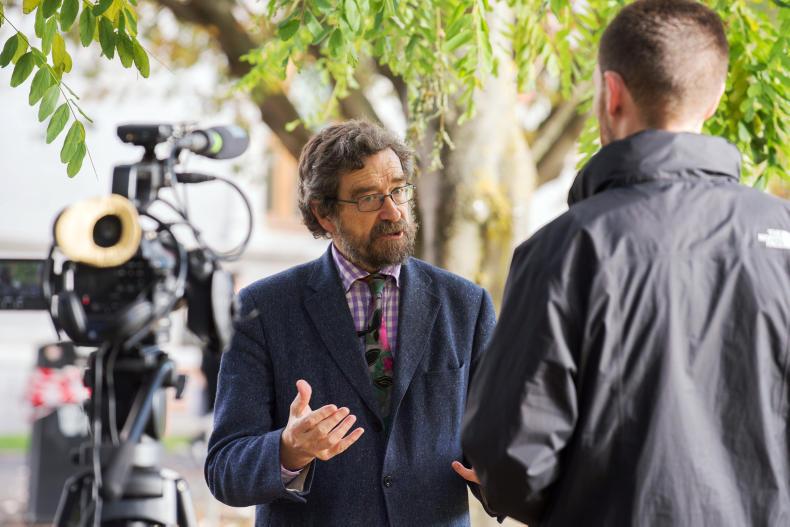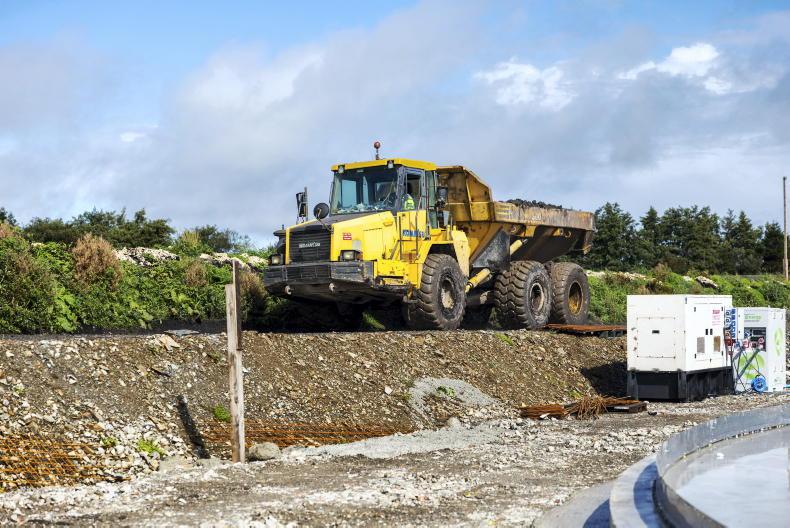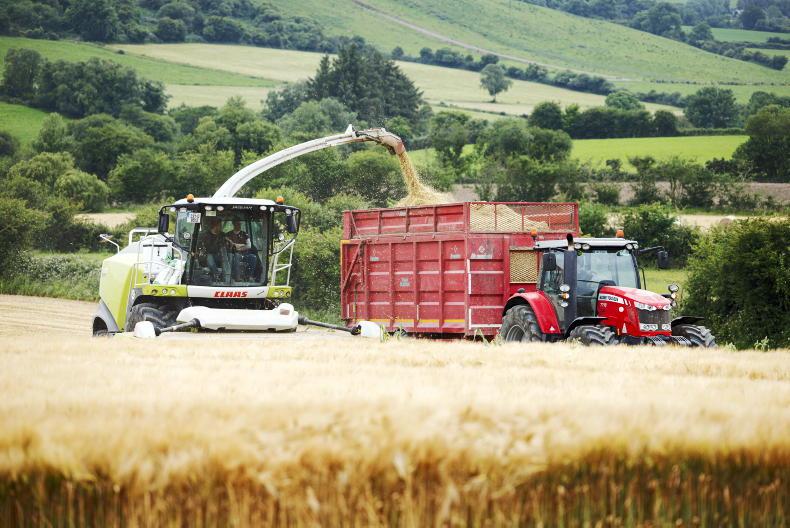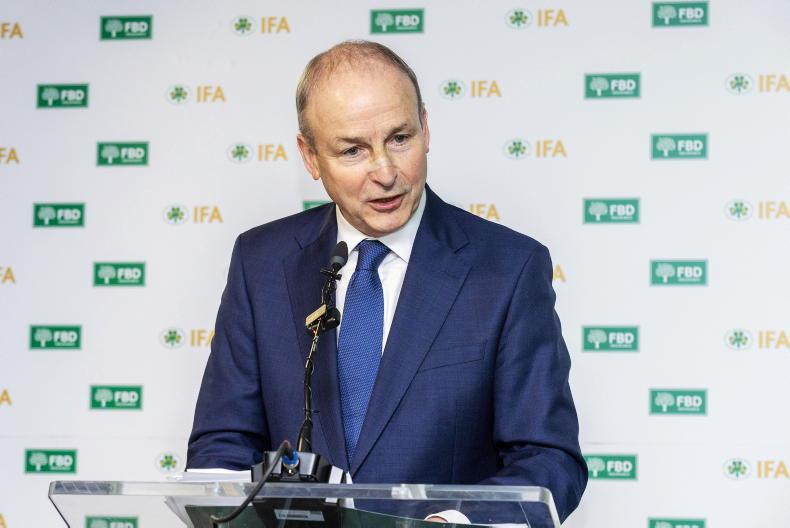A reduction of the national suckler herd is a “sensible” way to meet climate targets by 2030, according to Professor John Fitzgerald chair of the Climate Change Advisory Council.
Despite a backlash from the farm community over the council’s proposal to reduce the herd by between 152,000 and 536,000 cows by 2030, Fitzgerald maintains that the agriculture sector needs to commit to a broad suite of measures to meet climate targets. Agriculture is the biggest emitter of greenhouse gases in the country.
“Some reduction of the suckler herd seems to be a sensible option,” he told the Irish Farmers Journal.
“If all the Teagasc measures were implemented and there was no further expansion of the dairy herd tomorrow then that might be enough [not to have to reduce sucklers].
“But Teagasc itself says it is uncertain about the speed of take-up of the measures.”
Asked if the council had overlooked the socioeconomic impact of the suckler herd on the wider rural community, he said that if farmers were paid through CAP to reduce numbers, then there would not be a dramatic hit to farm incomes.
He also pointed out that given the average age of the farm community, many would be expecting to retire from the land in the coming years.
“The decline of the suckler herd is happening anyway and our scenario B [reduction of suckler herd by 30%] is broadly consistent with one of Teagasc’s scenarios, the Teagasc baseline S1 emissions projection to 2030,” he said.
Alternative options
When questioned about the viability of alternative options to reducing suckler numbers such as increasing anaerobic digestion, he said: “Our legal remit as a council is how to advise Government how we can meet our environmental objectives at least cost.
“Some aspects of biogas can be pretty expensive so we wouldn’t go there.
“If we reduce suckler herd numbers in the right way it can actually be a win-win and farmers’ incomes will improve.
“If there are alternative cheaper options then run with the cheaper option.”
He said that although the council did not develop specific environmental measures that should be linked to paying farmers to reduce numbers, 40% of the CAP budget was set aside for environmental measures. “Europe will expect to see a CAP restructured to provide greater incentives for doing things that are environmentally beneficial,” he said.
Read more
Cut to beef herd may be necessary - Creed
Expecting 12,000 farmers to use LESS slurry equipment ‘unworkable’
A reduction of the national suckler herd is a “sensible” way to meet climate targets by 2030, according to Professor John Fitzgerald chair of the Climate Change Advisory Council.
Despite a backlash from the farm community over the council’s proposal to reduce the herd by between 152,000 and 536,000 cows by 2030, Fitzgerald maintains that the agriculture sector needs to commit to a broad suite of measures to meet climate targets. Agriculture is the biggest emitter of greenhouse gases in the country.
“Some reduction of the suckler herd seems to be a sensible option,” he told the Irish Farmers Journal.
“If all the Teagasc measures were implemented and there was no further expansion of the dairy herd tomorrow then that might be enough [not to have to reduce sucklers].
“But Teagasc itself says it is uncertain about the speed of take-up of the measures.”
Asked if the council had overlooked the socioeconomic impact of the suckler herd on the wider rural community, he said that if farmers were paid through CAP to reduce numbers, then there would not be a dramatic hit to farm incomes.
He also pointed out that given the average age of the farm community, many would be expecting to retire from the land in the coming years.
“The decline of the suckler herd is happening anyway and our scenario B [reduction of suckler herd by 30%] is broadly consistent with one of Teagasc’s scenarios, the Teagasc baseline S1 emissions projection to 2030,” he said.
Alternative options
When questioned about the viability of alternative options to reducing suckler numbers such as increasing anaerobic digestion, he said: “Our legal remit as a council is how to advise Government how we can meet our environmental objectives at least cost.
“Some aspects of biogas can be pretty expensive so we wouldn’t go there.
“If we reduce suckler herd numbers in the right way it can actually be a win-win and farmers’ incomes will improve.
“If there are alternative cheaper options then run with the cheaper option.”
He said that although the council did not develop specific environmental measures that should be linked to paying farmers to reduce numbers, 40% of the CAP budget was set aside for environmental measures. “Europe will expect to see a CAP restructured to provide greater incentives for doing things that are environmentally beneficial,” he said.
Read more
Cut to beef herd may be necessary - Creed
Expecting 12,000 farmers to use LESS slurry equipment ‘unworkable’










SHARING OPTIONS